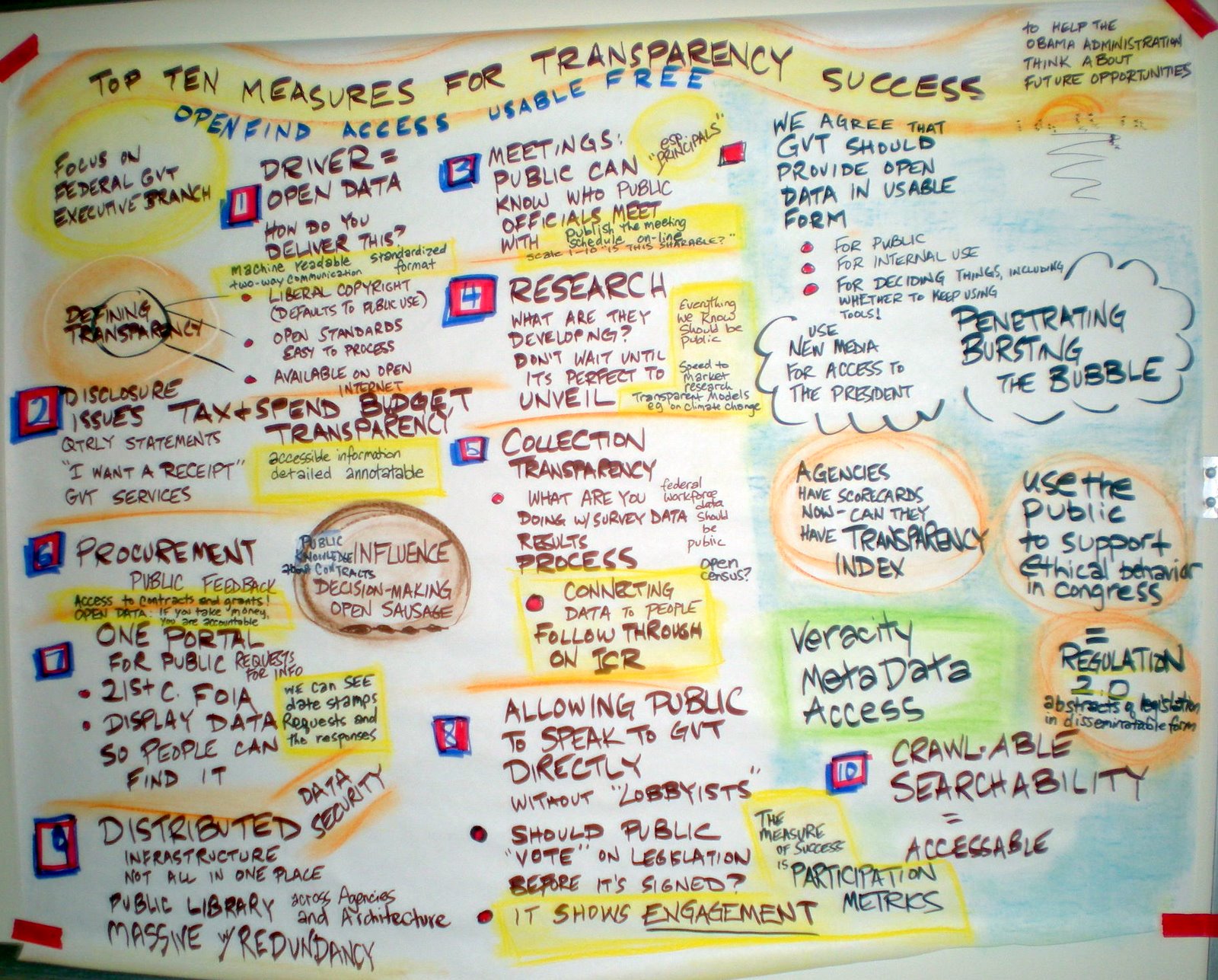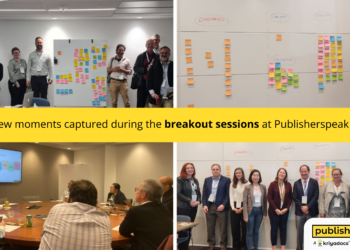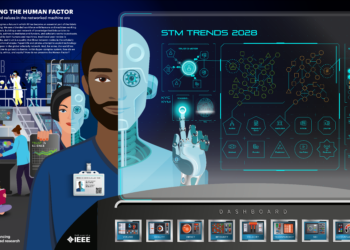
If they build it, will we go? That’s a question being posed by two open data exercises, one underway and another planned for later this year. Both are attempts to use information transparency to make governments more involving and accountable.
ViewChange.org, a release from LinkTV planned for summer 2010, is described as a game-changing utility that will provide free information tools to everyone, from organizations to individuals, on global development topics. The project is funded by the Bill and Melinda Gates Foundation, with design services from Method and development by Definition. A design prototype is available on the Method case studies page.
The interface encourages discovery through a fluid model that highlights the relationships among topics. Concentric circles and related information combine to surface related issues, regions, and media. “Take action” links at every step ensure a personal relationship with the data, connecting global issues to individual action.
Besides the sheer visual coolness of the platform, which embeds a video experience with interactive Web search and research buttons, a standout characteristic of the project is its promise of democratized access to data and information to everyone — individuals, researchers, and organizations. If successful, ViewChange.org could be level-setting in that it will not require the user to have a PhD to interpret how disparate bits of data, news, performance, and research begin to fit together.
Sunlight Foundation’s Sunlight Labs is also aiming to make complex data and information more usable for the greater good. Sunlight’s mission is to open government and “make it more transparent, accountable, and responsible.” To accomplish this, the Sunlight Labs site is a community space where staff and community programmers can share open-source code, APIs, publicly available data sets, and ideas — resulting in co-created utilities that help the organizations and the public interpret public data, often aided by mobile apps or Flash visualization technologies.
Currently, Sunlight Labs reports that community members have contributed more than two-thirds of the apps and APIs found on their Projects page. Sunlight Labs also hosts a wiki that includes a list of yet-unbuilt project ideas, for example:
- Build a greasemonkey extension on top of the OpenSecrets.org (or the FEC database itself) that tells you the campaign contributions of the person you’ve received an email from.
- Ahead of the 2010 Census, create a website that shows maps of districts, how they’ve changed over subsequent redistricting/gerrymandering, some way to discern “fair” and “unfair” redistricting, and finally, what a fair 2010 redistricting might look like.
- Build blog plugins in WordPress, MovableType, etc., that allow bloggers to pull in data about lawmakers in blog posts.
What remains to be seen is whether the public will latch on to these utilities — and whether there will be sufficient maintenance and data consistency to support long-term research adoption. As has been noted here before, open data initiatives can be expensive to create, and they need a clear purpose. Whether Sunlight or ViewConnect will be useful is something only time will tell.
Whatever the outcome, it seems safe to assume that, in the future, researchers — and everyone else — will have far greater access to obscure data than they had ever dreamed.
Discussion
1 Thought on "Visualize This: LinkTV and Sunlight Labs Move to Put Data Into Action"
![Reblog this post [with Zemanta]](http://img.zemanta.com/reblog_e.png?x-id=ba437064-8873-4e63-ad46-b7d9b5261552)


